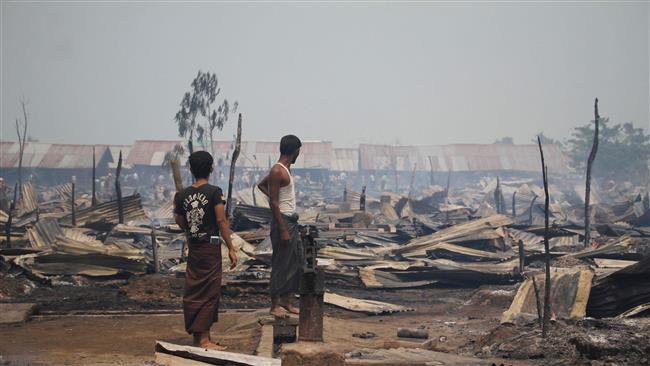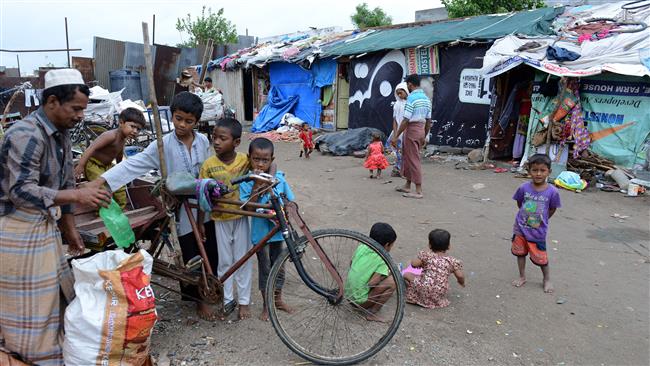Kofi Annan to advise Myanmar on Rohingya Muslims


Myanmar has picked former UN chief Kofi Annan to lead a commission tasked with stopping human rights abuses in Rakhine State, where Rohingya Muslims long suffered from discrimination and violent attacks by the Buddhist majority.
A statement by the office of State Counselor Aung San Suu Kyi said Wednesday that the Myanmarese government has formed an advisory commission in order to “find a sustainable solution on the complicated issues in Rakhine State.”
The commission would include nine independent members, including six national and three international experts, the statement said.
According to the statement, the commission, which also includes members of the Muslim and ethnic Rakhine communities, would focus on conflict prevention, supporting humanitarian assistance, national reconciliation, human rights and development in Rakhine.
Annan was Ban Ki-moon’s predecessor as UN secretary-general from 1997-2006.
Myanmar also announced this week that Ban will visit the Southeast Asian country at the end of the month to attend a peace conference.
Suu Kyi will reportedly go to the United States in September, when she is expected to address the UN General Assembly.

There has been an increase in religious intolerance and incitement to hatred by ultra-nationalist Buddhist groups in Myanmar against the Rohingya.
Rohingya and other Muslims have faced torture, neglect and repression in Myanmar for many years. A large number of the Rohingya are believed to have been killed and tens of thousands displaced in attacks by the extremist Buddhists.
The western Rakhin state is deeply scarred by bouts of sectarian bloodshed in 2012 that forced some 125,000 Rohingya Muslim into displacement camps, where their movements are severely restricted.
Thousands have fled persecution and poverty in an exodus by boat to neighboring South and Southeast Asian countries.
Myanmar’s government refuses to recognize Rohingya Muslims as citizens and labels them as “illegal” immigrants.
Suu Kyi, who is a Nobel Peace Prize laureate, has come under fire by rights groups for her stance on the violence against Rohingyas.




